Exclusive Feature: Historic conversation of Mahendra and Mao on the day of Nepal-China Boundary Treaty
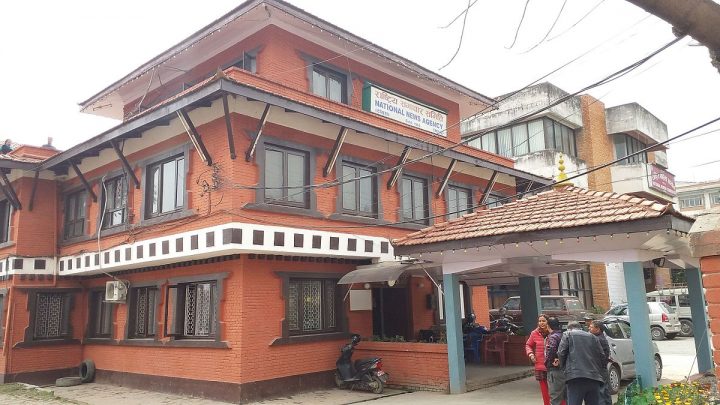
Kathmandu - Birat Anupam The 5th of October 1961 is the historic day of Nepal-China boundary settlement. Nepal and China signed Boundary Treaty at Beijing during the state visit of the then king Mahendra on this day 59 years ago. It was preceded by Nepal-China Boundary Agreement made some 18 months ago on 21 March 1960 during the official visit of Nepal's first democratically elected Prime Minister B.P. Koirala.
Nepal and China successfully settled border demarcation within just six years of diplomatic ties. Nepal and China had inked diplomatic relationship on 1 August 1955. King Mahendra and Chairman of the Communist Party of China Mao made a friendly conversation after Nepal and China inked the historic Boundary Treaty on 5 October 1961.
A book titled 'MAO ZEDUNG ON DIPLOMACY', compiled by the Ministry of Foreign Affairs of the People's Republic of China and the Party Literature Research Center under the Central Committee of the Communist Party of China and published by Foreign Languages Press Beijing on 1998, has detailed the conservation from the verbatim records.
The conversation is mentioned under the topic ''Talk with Nepal's king Mahendra and the queen.'' Following is the exclusive talks mentioned in page 366 and 367 of the famous diplomatic book on Mao Zedong, the founding father of People's Republic of China: Mao: How is everything with Your Excellency? Have all the problems been solved? Mahendra: Everything is settled. Mao: Fair and reasonable? Mahendra: Yes. We all agree. Mao: It is good that we agree. There is goodwill on both sides.
We hope that will get along well, and you hope we shall get along well too. We do not want to harm you, nor do you want to harm us. Mahendra: We fully understand. Mao: We are equals; we cannot say one country is superior or inferior to the other. Mahendra: We very much appreciate the way of speaking.
Mao: One ought not to treat other countries unequally. We call it great-nation chauvinism. Sometimes there are still problems, such as some cadres treating others with a superior attitude. We have carried out education among them and taken disciplinary measures, so as to help them overcome their shortcomings. Our country is the mixture of all sorts of things: old and new, backward and advanced.
Mahendra: China is a vast country. Mao: Many traces of backwardness can still be found. Take agriculture, for example. It is backward sector with very few tractors; mechanization will take quite a few years. The handicraft industry is the main one. We are beginning to have a little modern industry, not much yet. The old society left us too little 12 years ago.
In fact, imperialism dominated us for over 100 years and took things away without construction. The iron and steel, for example. From the Qing Dynasty to the defeat of Chiang Kai-shek the annual output of steel during this period was only 40,000 tons in Chiang Kai-shek's areas. One may say we did not have iron and steel, nor did we have a machine-building industry, nor any geological work.
At that time, we had just over 200 geological workers, but now we have more than 100,000. It is not easy to discover underground treasures, and at present, we do not know what minerals we do have. We have to drill wells as deep as one kilometer, two or three kilometers, even deeper, which is beyond any handicraft industry. It needs drilling machines and trained technicians. Oil drilling is just like this; otherwise, we shall have to rely on imported oil. It is the same with things such as coal, iron and nonferrous metals.
So we shall develop agriculture and animal husbandry to solve the problem of food and clothing and also go in for heavy industry. Without heavy industry, there won't be any steel and machines. It won't do. Your country has a big area. Mahendra: About 140,000 square kilometers. Mao: And the population is not small. Mahendra: About nine million. Mao: More than that of Australia.
I hope you will do a good job in your construction and get richer and stronger every day. Mahendra: We are making efforts in our development and seeking aid from friendly countries such as China. I hope to talk with Premier Zhou Enlai on our trip. Mao: Good.
Have another talk. With time, your country will get along well. Everything in the world develops from nothing to something, from few to many. You are hopeful and your future is bright, but it takes time. You will be more hopeful in a few decades. Our country is still a poor country, but we shall fare better in at least several decades. Marshal Montgomery said that it would take 50 years.
I said it would take 50 to 100 years. A century is not long. It took some ages for Europe and America to develop today's level. It will be good if it takes China a century to surpass them.' Though short, this conversation gives us an idea about how a revolutionary leader like Mao Ze Dong had had a greater respect even to the sovereignty of a small and absolute monarchy ruled neighboring country like Nepal. He asks whether Nepal's King thinks the deal reasonable.
Most arresting part of the conversation is that the talk does not limit to the deal between two countries, but gives glimpses of the top leader's concerns about modernizing his country and the neighbors as well. Comparing the population of Australia and Nepal, Mao attempts to generate hopes in the heart and mind of his counterpart for development and prosperity to gain.
One can see now, with political stability and hard work, the People's Republic of China has achieved development within short period of time while the founding father was thinking of taking at least 100 years to achieve current development status. At the time of conversation, he had sensed the perspectives of Nepal since she owns enormous resources for development.
October 5, when Nepal wants to engage India for a dialogue to settle down Lipulek-Limpiyadhura-Kalapani issue, should be considered a landmark in its own. Mutual respect is the only approach to get peaceful settlement of such issues regardless the size of a country and its economy.


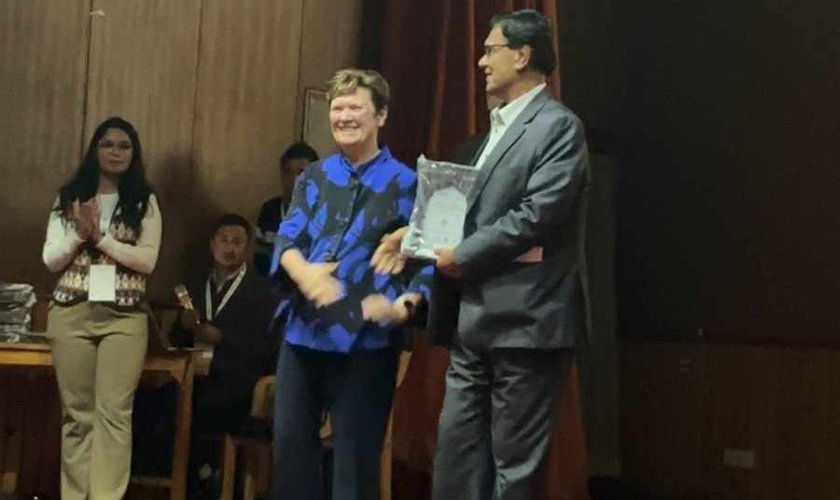


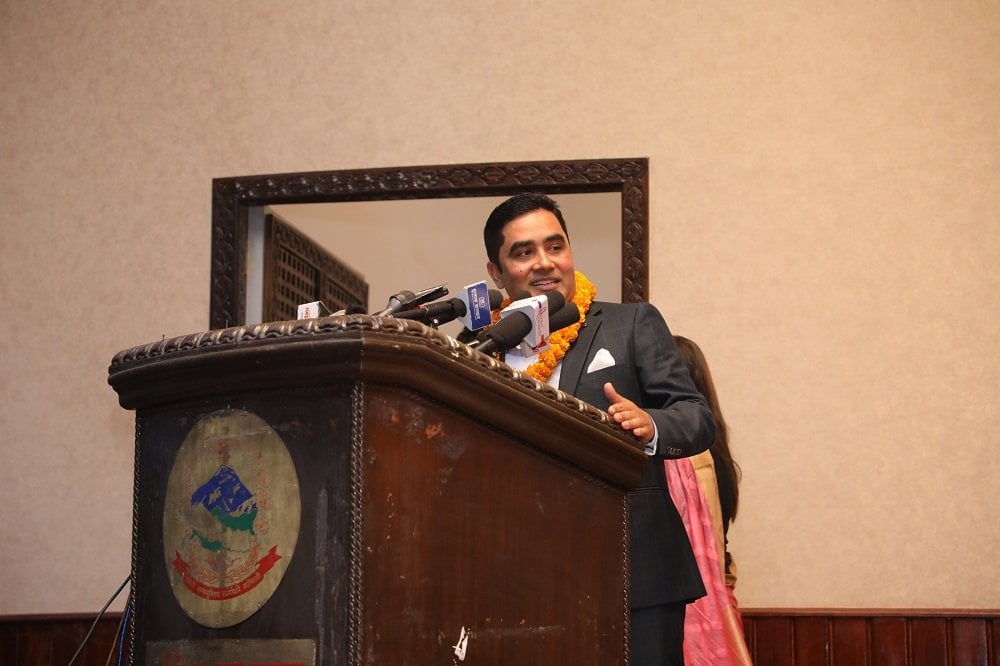
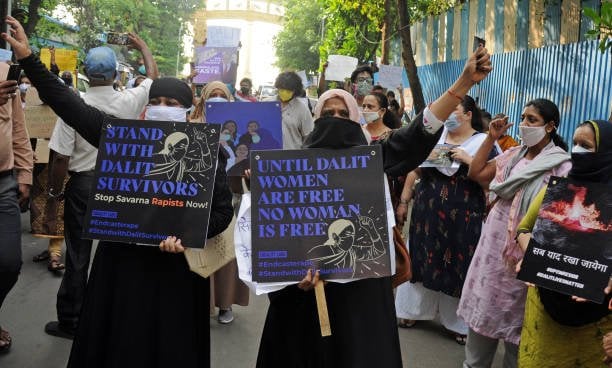

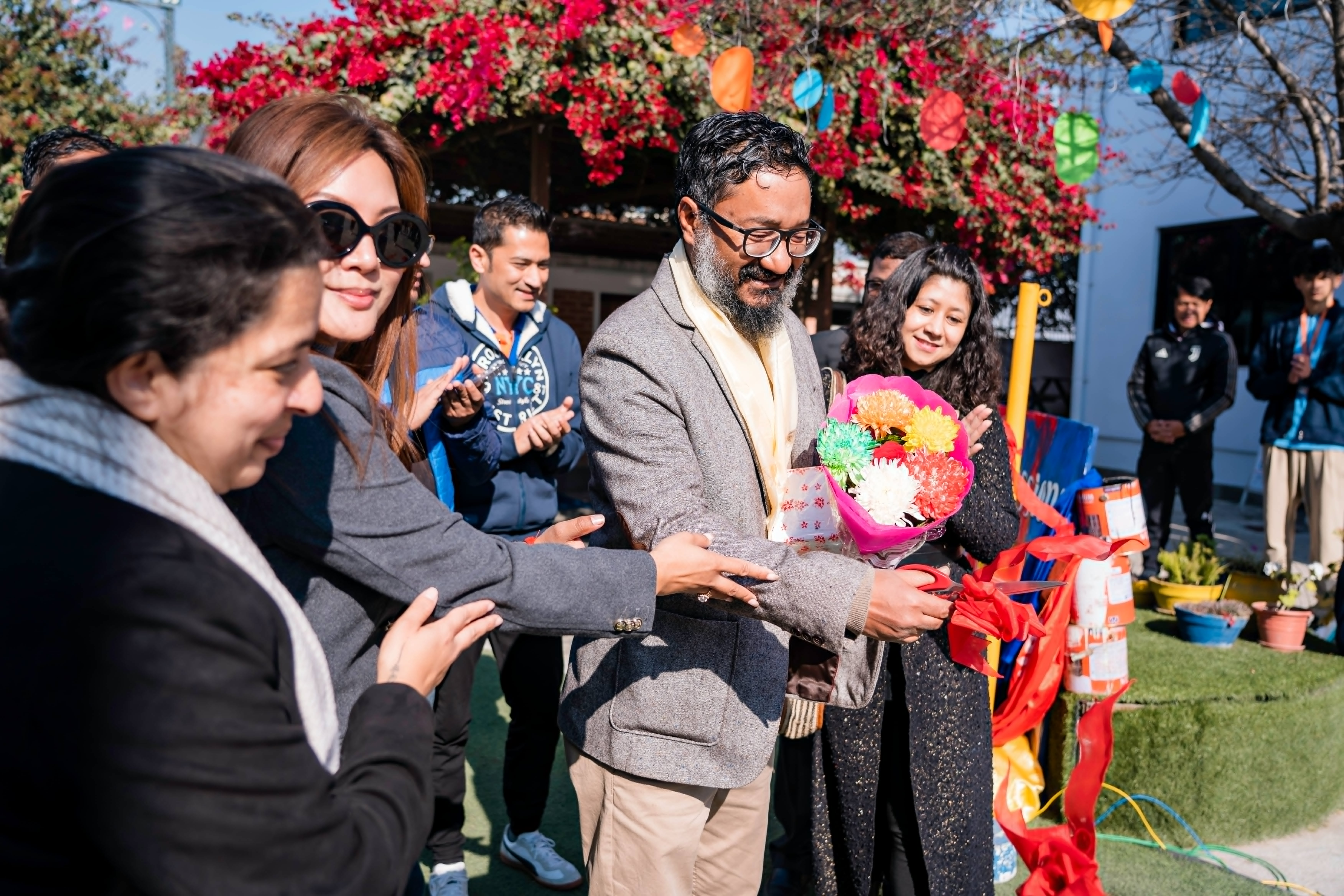
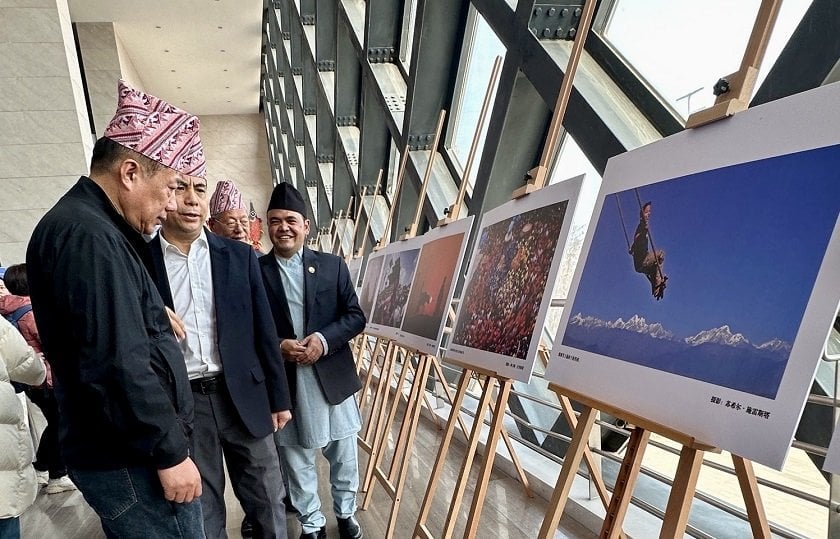
Leave Comment